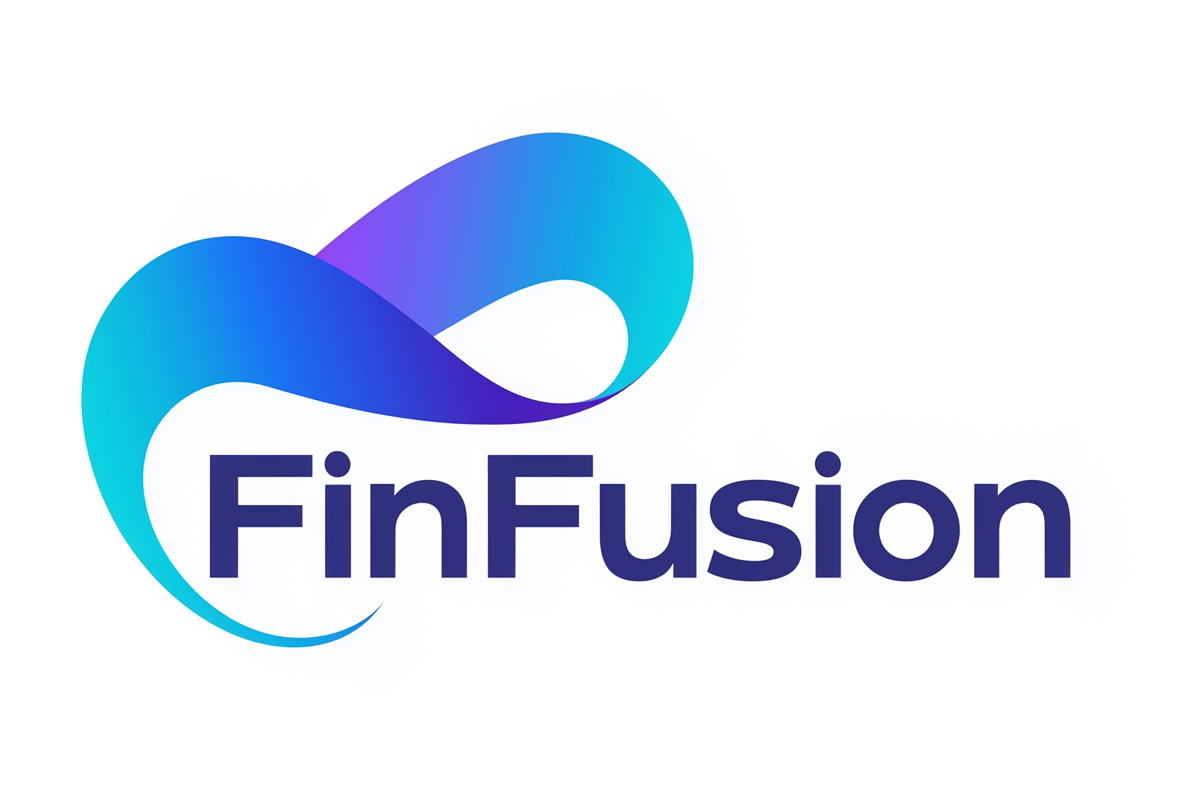Webhooks
Receive real-time notifications for events in your FinFusion integration
Webhook URLs
Overview
Webhooks allow your application to receive real-time notifications when events occur in your FinFusion account. Instead of polling our API, webhooks push events to your specified endpoints as they happen.
Setting Up Webhooks
1. Configure Endpoint
Add your webhook endpoint URL in the FinFusion Dashboard. We recommend using HTTPS for security.
2. Implement Verification
Verify webhook signatures to ensure events are from FinFusion:
// Express.js example
const express = require('express');
const app = express();
app.post('/webhooks', express.raw({type: 'application/json'}), (req, res) => {
const signature = req.headers['x-finfusion-signature'];
try {
const event = finfusion.webhooks.constructEvent(
req.body,
signature,
'whsec_your_webhook_secret'
);
// Handle the event
switch (event.type) {
case 'payment.succeeded':
const payment = event.data.object;
handlePaymentSuccess(payment);
break;
// ... handle other events
}
res.json({received: true});
} catch (err) {
console.error('Webhook error:', err.message);
res.status(400).send(`Webhook Error: ${err.message}`);
}
});3. Handle Events
Process webhook events based on their type and update your application accordingly.
Event Types
Payment Events
| Event | Description |
|---|---|
| payment.succeeded | Payment was successfully processed |
| payment.failed | Payment attempt failed |
| payment.refunded | Payment was refunded |
| payment.disputed | Payment was disputed by customer |
Banking Events
| Event | Description |
|---|---|
| account.created | New bank account created |
| account.updated | Bank account details updated |
| transfer.succeeded | Transfer completed successfully |
| transfer.failed | Transfer failed to process |
Card Events
| Event | Description |
|---|---|
| card.created | New card issued |
| card.activated | Card was activated |
| card.blocked | Card was blocked |
| card.transaction | Card transaction occurred |
Event Payload Structure
{
"id": "evt_123456789",
"type": "payment.succeeded",
"created": 1634567890,
"data": {
"object": {
"id": "pay_123456789",
"amount": 1000,
"currency": "USD",
"status": "succeeded",
"created": 1634567890
}
}
}Security
Signature Verification
Each webhook request includes a signature in the x-finfusion-signature header. Verify this signature to ensure the request came from FinFusion.
HTTPS Required
Webhook endpoints must use HTTPS in production to ensure secure data transmission.
Timeout Handling
Webhook requests timeout after 10 seconds. Ensure your endpoint responds within this timeframe.
Retry Logic
If your endpoint fails to respond with a 2xx status code, we'll retry the webhook using the following schedule:
- 1st retry: 5 minutes after initial failure
- 2nd retry: 30 minutes after first retry
- 3rd retry: 2 hours after second retry
- 4th retry: 12 hours after third retry
- 5th retry: 24 hours after fourth retry
Testing Webhooks
Test your webhook integration using our webhook testing tools:
// Using the SDK to trigger test webhook events
await finfusion.webhooks.trigger({
type: 'payment.succeeded',
data: {
amount: 1000,
currency: 'USD'
}
});Testing Tools
Questions about webhooks? Contact us at support@finfusion.cloud
